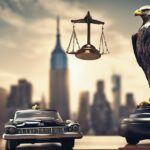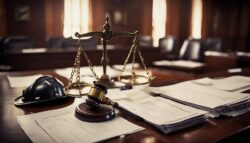Tesla Faces Autopilot Legal Storm
Tesla, Inc.'s groundbreaking Autopilot and Full Self-Driving (FSD) technologies have catapulted the automotive giant into the forefront of autonomous vehicle innovation. However, this pioneering stance has not come without its share of legal turbulence. Recent years have seen an escalation in legal challenges, ranging from class action lawsuits to allegations of misleading claims about the capabilities of these technologies, some of which have been linked to severe accidents. As Tesla navigates through this legal storm, the outcome of these disputes could set significant precedents for the future of autonomous driving technology and consumer safety. What implications could these legal battles have on the industry and on Tesla's technological advancements?
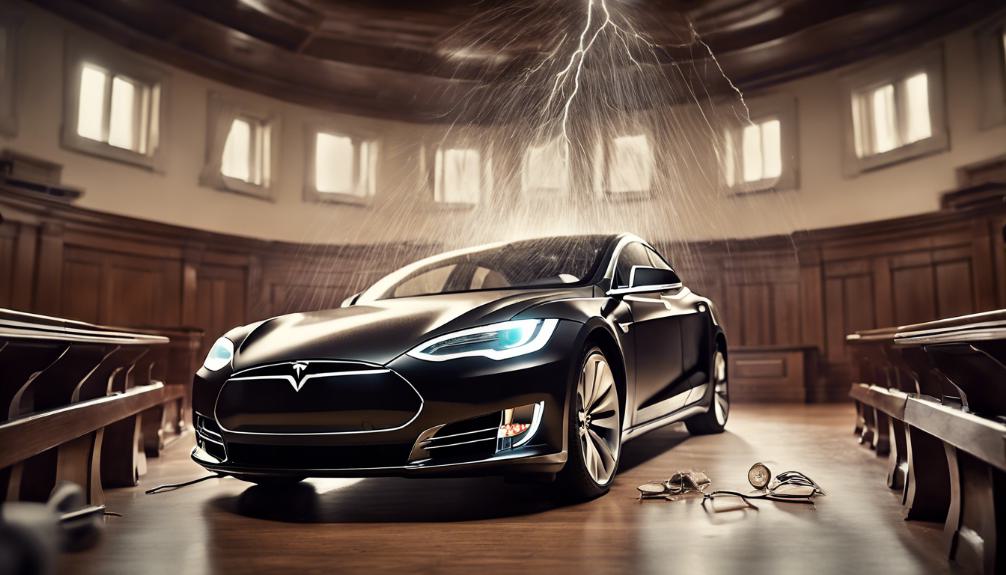
Key Takeaways
- Tesla is embroiled in lawsuits over misleading Autopilot and Full Self-Driving claims.
- Arbitration agreements are limiting the scope of class action lawsuits against Tesla.
- Verdicts to date have not held Tesla responsible for Autopilot-related injuries or deaths.
- Ongoing legal challenges highlight concerns over the safety and capabilities of Tesla's driver-assistance technologies.
Overview of Class Actions
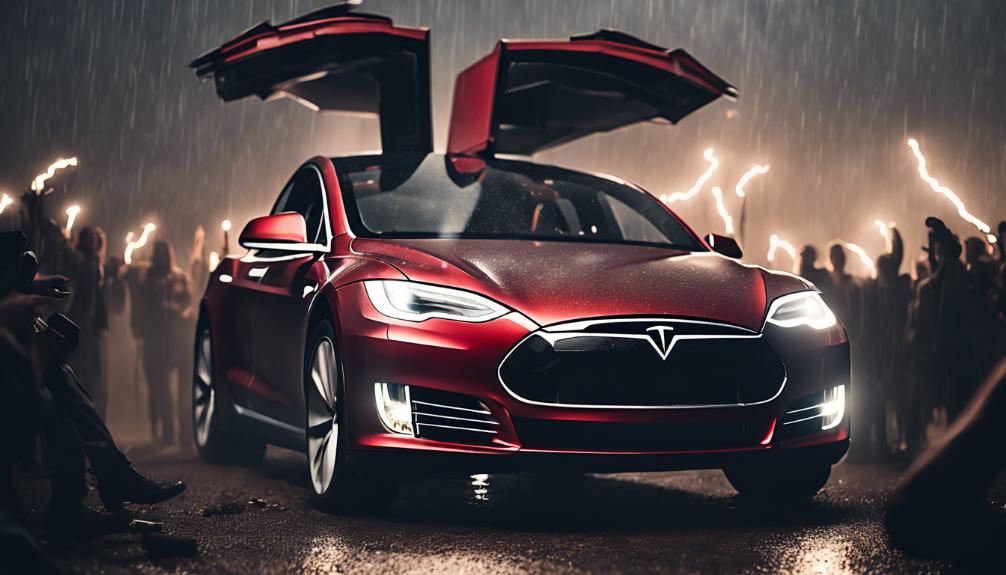
The class action lawsuit filed against Tesla in September 2022 spotlighted the company's controversial Autopilot and Full Self-Driving features, alleging misleading statements that have led to a legal confrontation. This legal battle has drawn significant attention to Tesla's ambitious claims regarding the capabilities of its driver-assistance technologies. The lawsuit represents a critical examination of Tesla's marketing strategies and the expectations set for consumers. The implications of this legal challenge are far-reaching, potentially influencing future regulatory frameworks and consumer perceptions of autonomous vehicle technology. The contention centers on the gap between Tesla's promotional assurances and the operational reality of the Autopilot and Full Self-Driving systems, underscoring the complexities of innovating in the autonomous vehicle space.
2022 Lawsuit Allegations
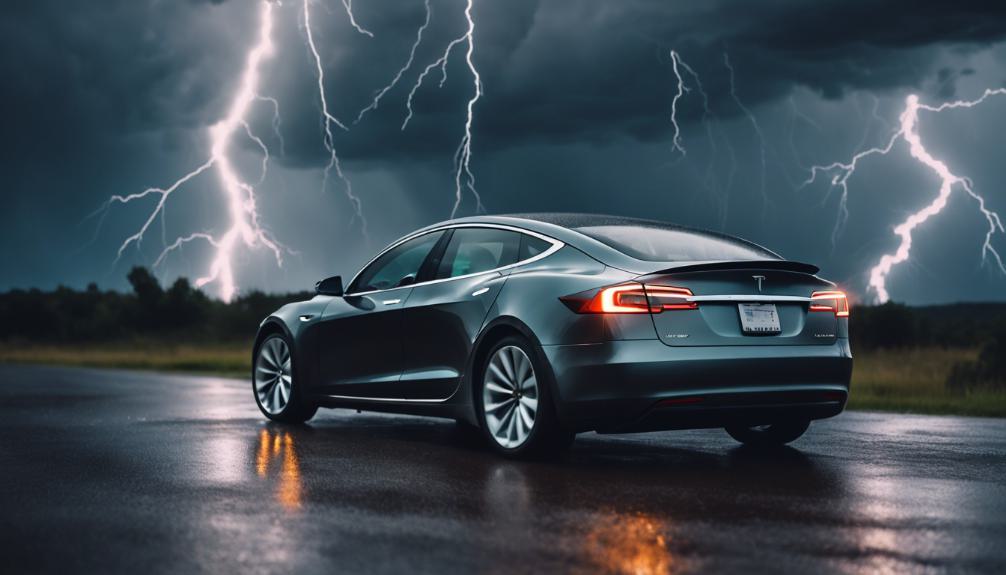
Building on the overview of class actions against Tesla, this section examines the specific allegations made by plaintiffs regarding the Autopilot and Full Self-Driving features. Plaintiffs have raised serious concerns, accusing Tesla of making misleading statements about the capabilities of these systems. They argue that Tesla advertised its vehicles as capable of driving themselves without human intervention, a claim contradicted by the reality that drivers are still required to intervene. This discrepancy, they contend, not only misleads consumers but also poses significant safety risks. The allegations point towards a potential knowledge gap on Tesla's part, where the company was aware of the limitations of its Full Self-Driving technology but chose to promote it as fully autonomous regardless, leading to instances of injury or death.
Arbitration Agreement Impact
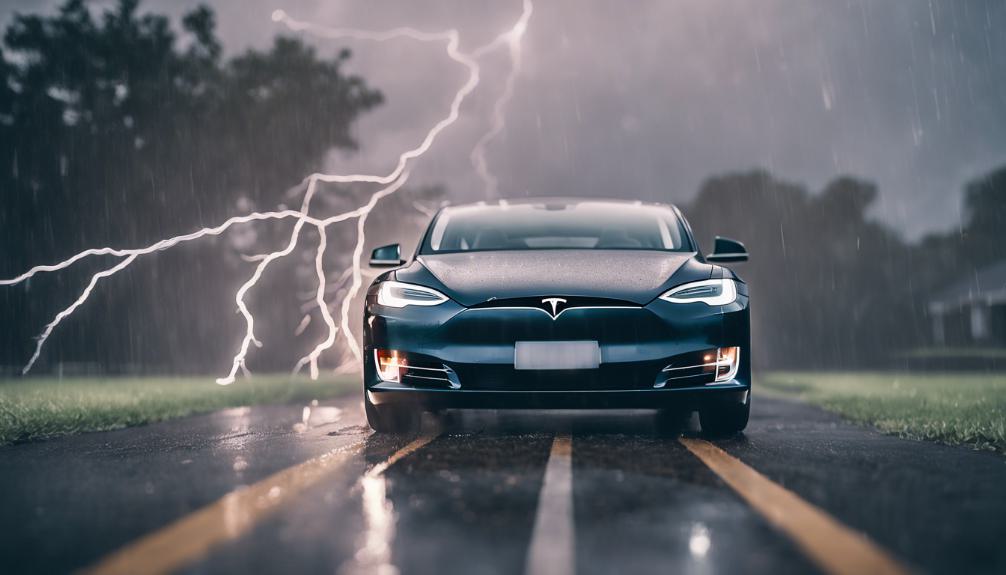
Arbitration agreements have notably influenced the trajectory of class action lawsuits against Tesla, imposing notable limitations on the participation of plaintiffs. Central to this discourse is Tesla's insistence that buyers of its vehicles are bound by these agreements, which typically require disputes to be resolved in private arbitration rather than in public courtrooms. This strategic legal positioning effectively narrows the gateway for aggrieved parties to band together and challenge the automaker on a collective front. By diverting disputes from the class action pathway, Tesla not only minimizes potential financial liabilities but also shields itself from the broader public scrutiny that often accompanies high-profile court battles. Consequently, the arbitration agreement stands as a formidable barrier to collective legal action, reshaping the litigation landscape for Tesla consumers.
September 2023 Court Decision
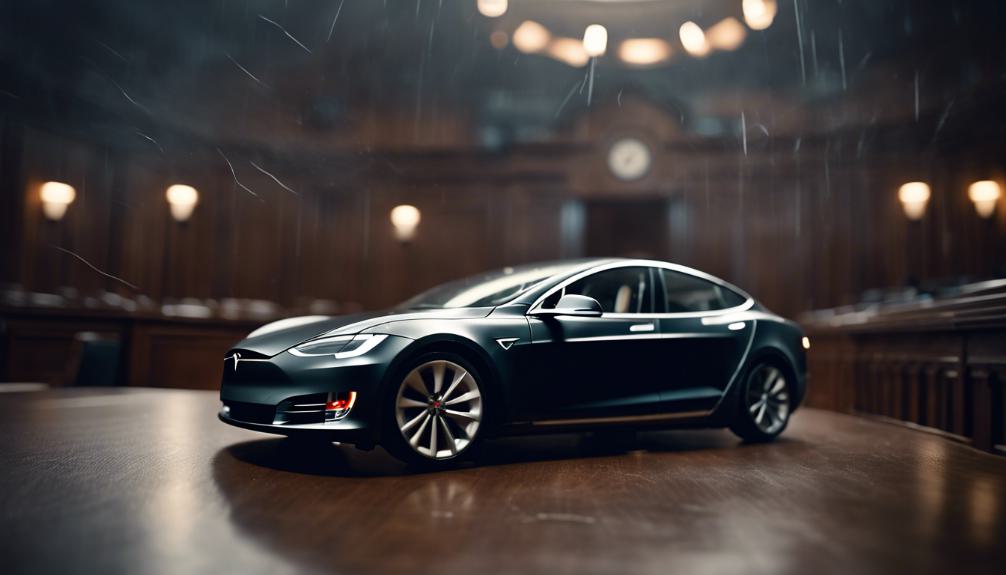
In September 2023, a district judge ruled decisively against the class action lawsuit targeting Tesla's Autopilot and Full Self-Driving capabilities, setting a significant precedent for future legal challenges. This decision came after plaintiffs filed a lawsuit in September 2022, alleging Tesla made misleading statements about the efficiency and reliability of its Autopilot and Full Self-Driving systems. Tesla contended that the plaintiffs were subject to an arbitration agreement, thereby limiting their ability to pursue a class action lawsuit. The judge's ruling underscored the enforceability of arbitration agreements in consumer contracts, delineating a clear boundary for future class action lawsuits against Tesla and possibly other tech companies. This ruling not only affects the immediate parties but also sets a judicial benchmark for similar disputes.
Autopilot Injury Verdicts
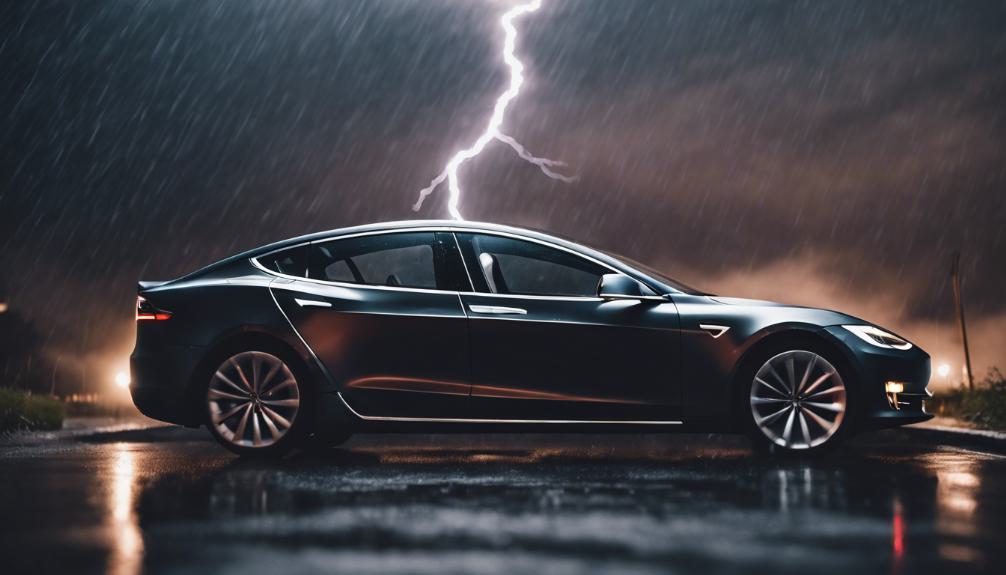
Several recent verdicts have absolved Tesla of responsibility in cases where its Autopilot system was implicated in accidents, sparking significant interest in the legal community. Remarkably, in April 2023, a verdict found Tesla not responsible for a crash that resulted in injuries to a driver. Similarly, in October 2023, another jury concluded that Tesla was not to blame for the death of a driver allegedly using Autopilot. These decisions underscore the complexities surrounding autonomous driving technology and its legal implications. Despite Tesla facing numerous lawsuits alleging misleading statements about the capabilities of Autopilot and Full Self-Driving, these verdicts suggest a challenging legal environment for plaintiffs. The outcomes highlight the importance of establishing clear liability and responsibility in incidents involving advanced automotive technologies.
Fatal Crash Trials
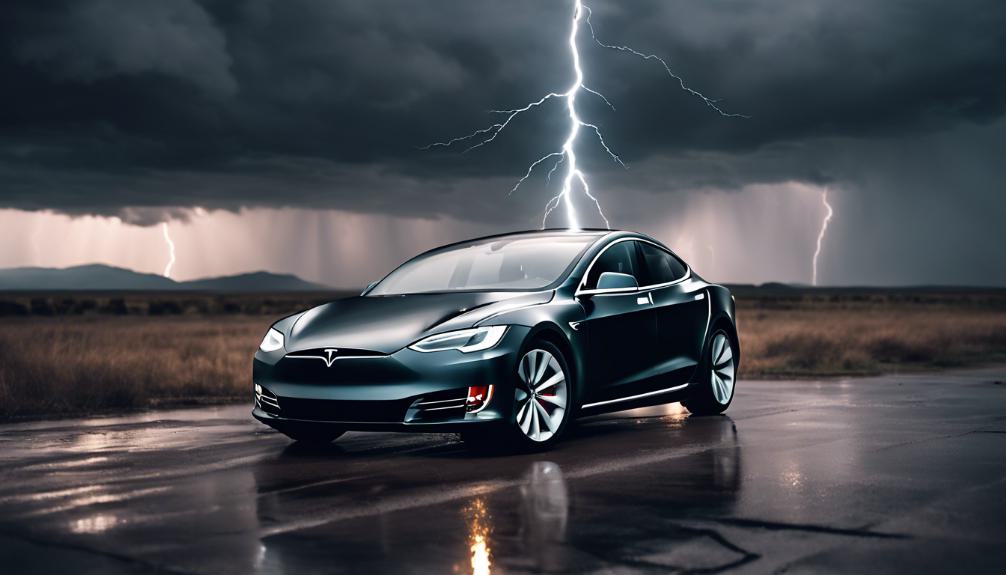
Facing intense scrutiny, Tesla is maneuvering through legal challenges as courts allow fatal crash trials involving its Autopilot system to proceed. These trials spotlight the complex interplay between innovative automotive technology and public safety, underscoring the legal and ethical responsibilities of manufacturers. In November 2023, a significant decision by a judge to let a case involving a fatal crash go to trial marked a pivotal moment. This case, along with several others still in progress, represents a critical test of Tesla's liability and the Autopilot system's safety. Despite Tesla convincing two juries of its non-responsibility for past incidents, the outcome of these pending trials could have far-reaching implications for the company and the broader auto industry's approach to automated driving technologies.
Lawsuit Causes Explained
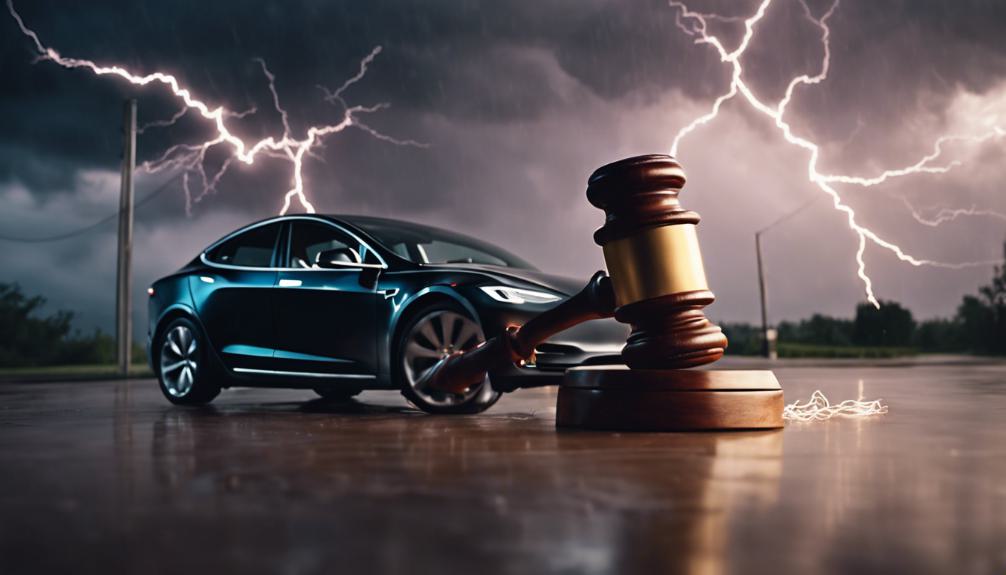
While the legal landscape surrounding Tesla's Autopilot system continues to evolve, understanding the underlying reasons for these lawsuits becomes imperative. The core of these legal challenges revolves around the alleged discrepancies between Tesla's marketing of its Autopilot and Full Self-Driving (FSD) capabilities and the actual performance of these technologies. Plaintiffs argue that despite Tesla's claims of autonomy, drivers are frequently required to intervene, contradicting the advertised benefits of these systems. Additionally, there have been instances of injuries and fatalities linked to the use of Tesla's Autopilot, prompting allegations of negligence on the part of the company. These lawsuits highlight the tension between innovative automotive technology and the safety concerns that accompany its real-world application.
Autopilot Advertising Controversy
The controversy surrounding Tesla's advertising of its Autopilot system centers on allegations that the company overstated the capabilities of this technology, misleading consumers and potentially compromising safety. Critics argue that Tesla's promotional materials and public statements gave the impression that its vehicles could operate autonomously, despite the fact that the cars still require active driver supervision. This discrepancy between marketing claims and the actual functionality of the Autopilot and Full Self-Driving (FSD) systems has not only raised consumer protection concerns but also sparked debates over the ethical responsibilities of automakers. As Tesla faces scrutiny, the broader implications for the automotive industry and the future of autonomous driving technology are becoming increasingly significant, highlighting the need for clearer regulations and standards in advertising advanced vehicle technologies.
2017 Autopilot Lawsuit Settlement
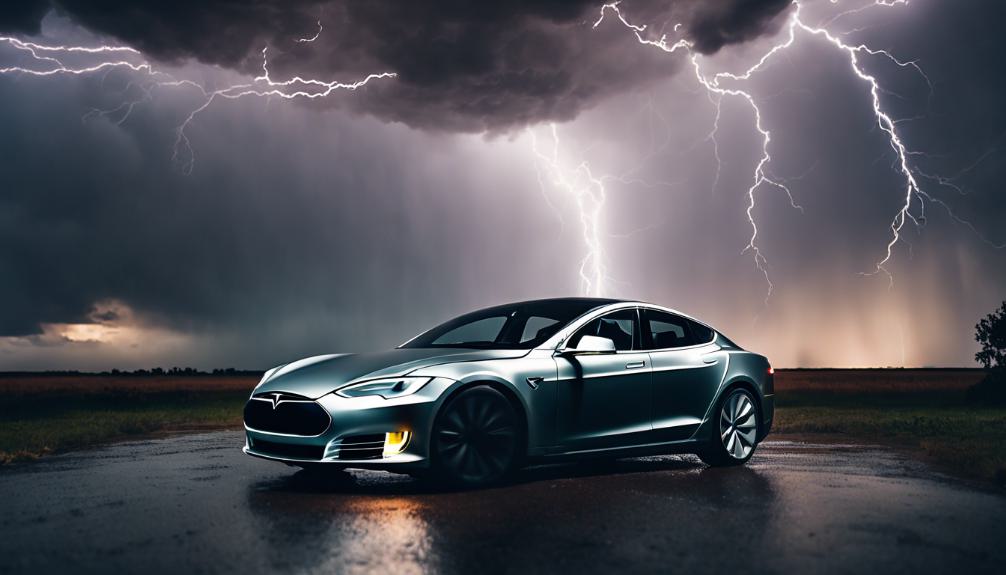
In a notable development, Tesla has reached a settlement in seven lawsuits concerning its Autopilot system. These legal actions primarily revolved around allegations that Tesla made misleading promises about the capabilities of their Autopilot and Full Self-Driving (FSD) technologies. The specifics of the settlement terms have not been disclosed publicly, but this resolution marks a significant moment in the ongoing saga of legal challenges Tesla faces regarding its innovative but controversial driver-assistance technologies. This settlement could potentially influence future legal proceedings and the regulatory scrutiny of automated driving systems. It also underscores the complexities and responsibilities associated with developing and marketing advanced automotive technologies that promise to redefine the driving experience.
Driver-Assistance System Accidents
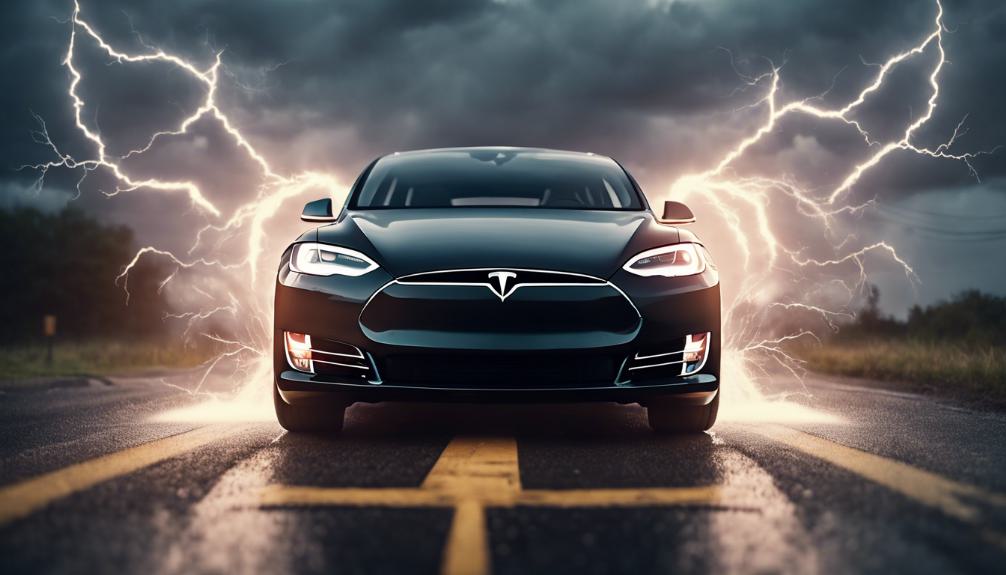
How have accidents involving driver-assistance systems impacted Tesla's legal and public standing? The emergence of these incidents has greatly challenged Tesla, both legally and in the court of public opinion. With 392 accidents reported from July 2021 to May 2022, the spotlight on Tesla's Autopilot and Full Self-Driving (FSD) capabilities has intensified. These events have not only led to a surge in individual and class action lawsuits but have also raised questions about the safety and reliability of Tesla's advanced driver-assistance systems. Plaintiffs argue that despite Tesla's claims of autonomy, the vehicles require driver intervention, alleging negligence on the part of Tesla for not adequately disclosing these limitations. This legal scrutiny, coupled with public concern, has placed Tesla at a critical juncture, necessitating a careful reevaluation of its driver-assistance technology and marketing strategies.
NHTSA's Autopilot Investigation
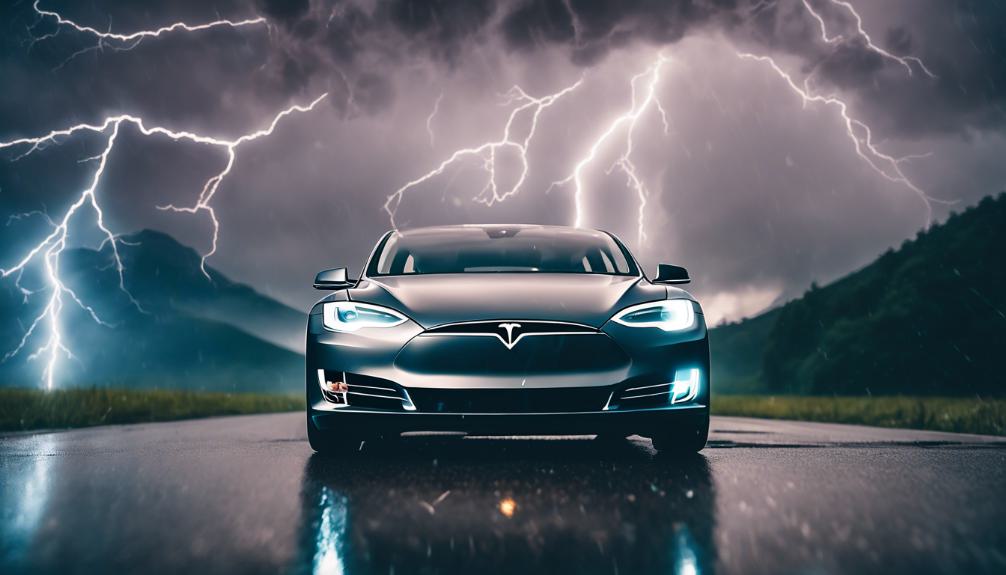
Amid growing legal challenges and public scrutiny over its Autopilot system, Tesla now faces an investigation by the National Highway Traffic Safety Administration (NHTSA), further intensifying the spotlight on its driver-assistance technology. This probe by the NHTSA underscores the federal government's increasing concern over the safety and marketing of Tesla's Autopilot and Full Self-Driving (FSD) capabilities. With a series of incidents and accidents associated with these systems, the investigation aims to assess their reliability and the veracity of Tesla's claims regarding their functionality. As regulatory scrutiny escalates, Tesla's approach to autonomous driving technology and its communication with consumers are under rigorous examination, marking a critical juncture for the electric vehicle manufacturer and the broader automotive industry's move towards automation.
December 2023 Recall
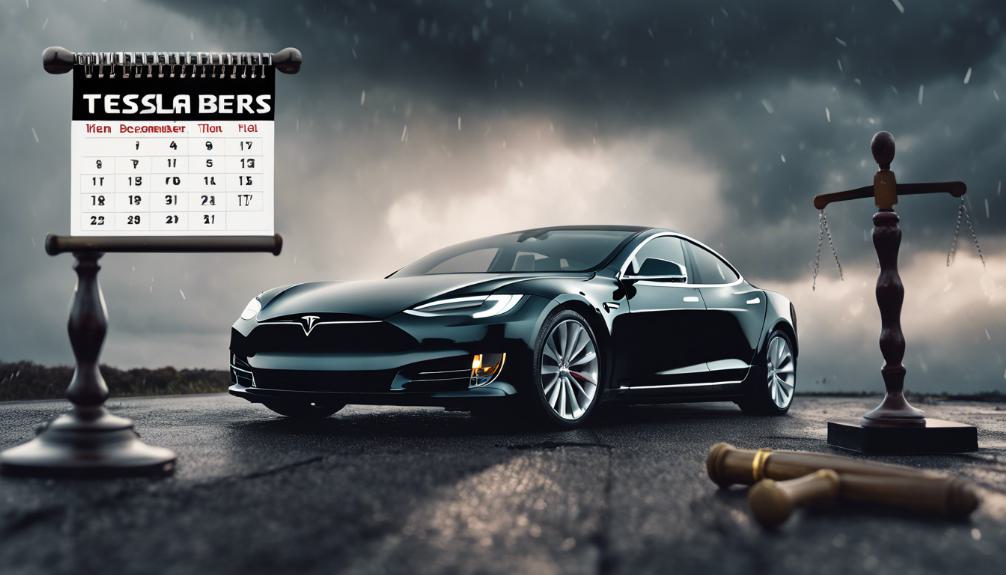
Tesla initiated a recall of over two million vehicles in December 2023, marking a significant response to safety concerns surrounding its Autopilot and Full Self-Driving systems. This unprecedented move comes after intense scrutiny from both the public and regulatory bodies, highlighting potential risks associated with these advanced driving technologies. The recall aims to address specific software issues identified as contributing to these risks, underscoring Tesla's commitment to safety and compliance with regulatory standards. By taking this step, Tesla not only seeks to mitigate immediate safety concerns but also to restore consumer confidence in its innovative technologies. The recall is expected to have far-reaching implications for the future development and deployment of autonomous driving systems within the automotive industry.
Legal and Arbitration Challenges
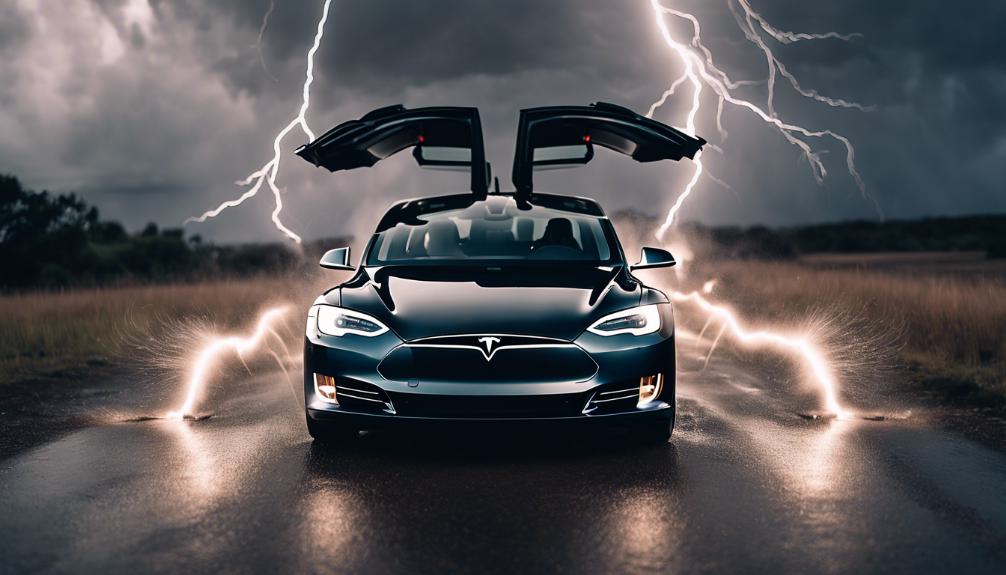
Facing a legal storm, Tesla confronts significant challenges related to litigation and arbitration agreements, particularly in lawsuits alleging misleading statements about its Autopilot and Full Self-Driving capabilities. In September 2022, a class action lawsuit was initiated, with plaintiffs accusing Tesla of false advertising regarding these advanced driving systems. However, Tesla countered, arguing that the plaintiffs were bound by an arbitration agreement. In a notable development, a District Judge ruled against the class action in September 2023, underscoring the impact of arbitration agreements on the ability of aggrieved parties to seek collective redress. This legal maneuvering highlights the complexities of consumer rights in the face of technological advancements and the stringent limitations arbitration agreements impose on class action lawsuits, setting a precedent that could affect future litigation against tech giants.
Frequently Asked Questions
How Do Affected Tesla Owners Feel About the Arbitration Agreement Limiting Their Ability to Join Class Action Lawsuits?
Affected Tesla owners are likely frustrated by the arbitration agreement, as it restricts their ability to participate in class action lawsuits, limiting their recourse for collective legal action against the company's advertised Autopilot and Full Self-Driving capabilities.
What Are the Psychological Impacts on Families Who Have Lost Loved Ones in Crashes Involving Tesla's Autopilot and Full Self-Driving Systems?
Families experiencing loss due to crashes involving advanced driving systems may face profound psychological impacts, including grief, trauma, and a sense of injustice, particularly if the technology's safety was previously trusted or misunderstood.
How Has Tesla's Stock Market Performance Been Affected by the Ongoing Legal Battles Related to Its Autopilot Technology?
Tesla's stock market performance has experienced volatility amidst ongoing legal battles concerning its Autopilot technology. Investors closely monitor these developments, which can influence market sentiment and potentially impact the company's financial outlook and stock valuation.
What Steps Are Tesla Taking Beyond the Courtroom to Improve the Safety and Reliability of Their Autopilot and Full Self-Driving Systems?
To enhance the safety and reliability of its Autopilot and Full Self-Driving systems, Tesla is continuously updating software, refining system capabilities, and collaborating with regulators, although specific steps taken were not detailed in the provided information.
Are There Any Initiatives or Support Groups Formed by Tesla Drivers or Victims' Families to Share Their Experiences and Seek Changes in How Tesla Addresses Safety Concerns?
There are currently no widely reported initiatives or support groups specifically formed by Tesla drivers or victims' families aimed at sharing experiences or seeking changes in Tesla's approach to addressing safety concerns related to Autopilot.
Conclusion
To sum up, Tesla, Inc.'s legal challenges, particularly concerning its Autopilot and Full Self-Driving technologies, underscore the intricate interplay between innovation, consumer protection, and legal accountability. The recent court decisions, particularly regarding arbitration agreements, highlight the complexities of class action litigation in this domain. As regulatory bodies like the NHTSA intensify their scrutiny and with the backdrop of a significant recall, these developments signal a pivotal moment for the autonomous vehicle industry, emphasizing the need for clarity, safety, and reliability in emerging automotive technologies.

This post has been generated by AI and was not reviewed by editors. This is Not legal advice. Please consult with an attorney.

